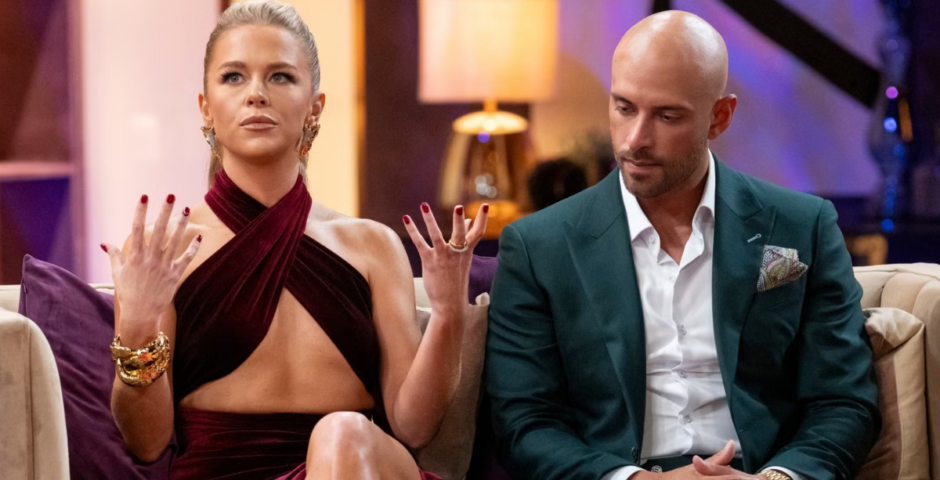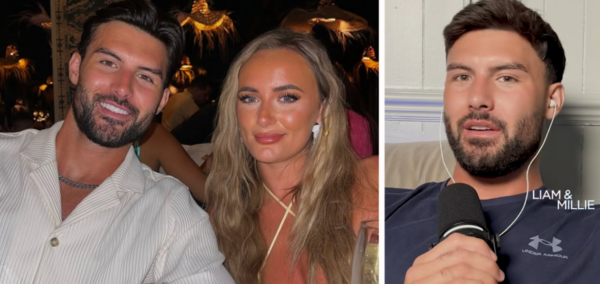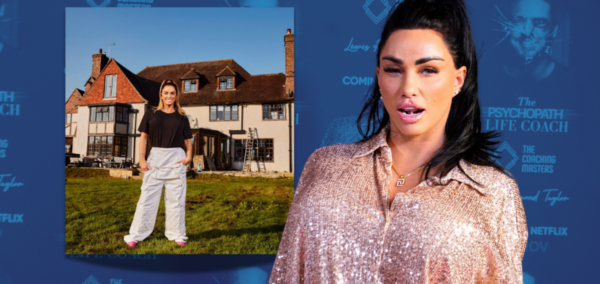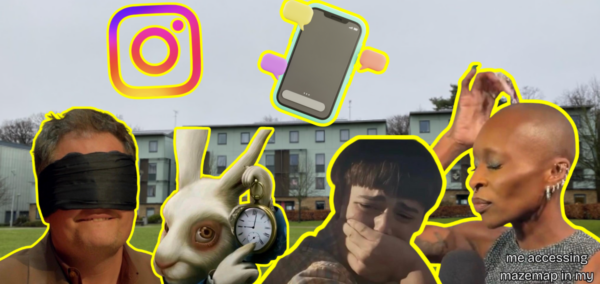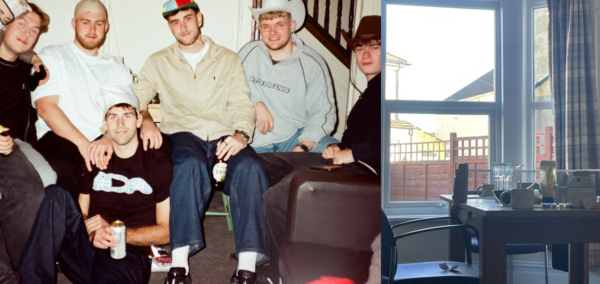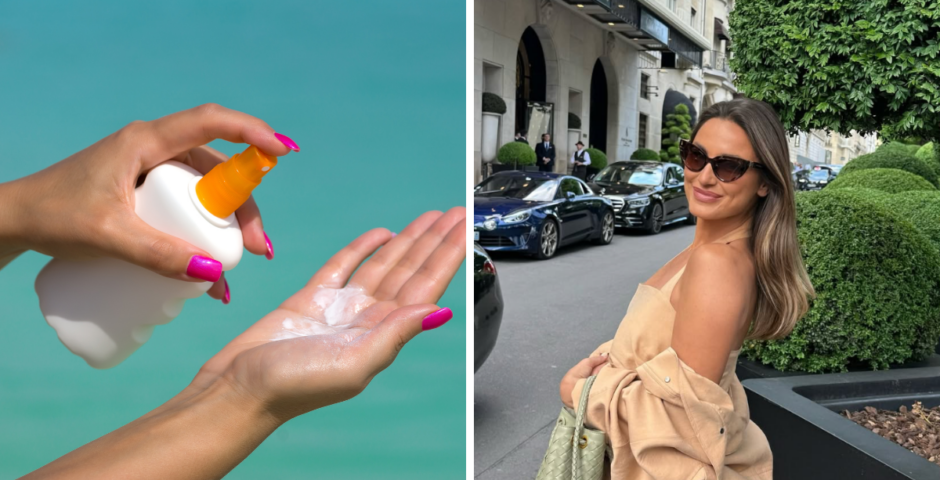
Influencers are telling people not to use sun cream, and experts say it’s reckless
Who would’ve thought
This summer, sun cream has gone from a boring staple to the latest social media controversy.
On TikTok and Instagram, the anti-sun cream movement has grown, and in summer 2025 it feels like it’s hit us regular people.
It all started when several influencers casually shared their no-SPF lifestyles. Former The Only Way Is Essex star Sam Faiers told her 2.5 million Insta followers she doesn’t use sun cream on herself or her kids, claiming the family has built up a “tolerance” to the sun.
On her Instagram story, she said: “Me and my whole family don’t actually wear sunscreen. Over the years, the kids have built up a really good tolerance to being in the sun. I love letting the kids run around and soak it up. It’s good for them.”
Influencer Nara Smith followed suit, sharing a homemade “organic” sun cream for her children made with beeswax and a few mystery ingredients.
@naraazizasmith
The worrying thing? Their views aren’t as rouge as you might think.
Studies suggest Gen Z is especially vulnerable to sun cream myths. Almost three in ten young adults think a tan is more important than skin protection, and more than a third admit to putting it on only when reminded. A recent poll also found nearly one in five believe tanning makes sun protection unnecessary.
Specialists are quick to say this is nonsense. Skin doesn’t get “used to” the sun. A tan is just a warning light for DNA damage. The NHS says even a base-level tan gives you barely any protection, far below the recommended SPF 30. Relying on it only increases your risk of burns, premature ageing and skin cancer.
Most Read
Experts say it’s reckless, and are warning people not to stop using sun cream. Skin consultant Professor Firas Al Niaimi told The Independent: “The amount of sunlight required to get vitamin D is short and amounts to habitual exposure that could be from non-facial skin. Again, there is no evidence directly linking vitamin D deficiency to sunscreens.”
Dermatoglist Dr Sina Ghadiri said: “The claims that it [sunscreen] causes skin or hormonal disruption are not supported by high-quality evidence in humans, and the real risk of a cumulative risk of skin cancer far outweighs this.”

Credit: Canva
Homemade sun-care recipes aren’t much better. Coconut oil, shea butter, cocoa butter, beeswax, even beef tallow. All of them are popular online, but none are reliable for blocking UV rays. Dermatologists warn these DIY mixtures can give uneven coverage and zero real protection.
So why is sun cream suddenly under attack? Part of it comes from pandemic-era mistrust in traditional medicine. Another part is the obsession with “clean” and “natural” products online, which sometimes frames anything chemical as automatically harmful.
Influencers play right into this, crafting catchy posts that go viral even if the science is completely wrong.
The result is that you get more young people risking sunburn and skin damage because a TikTok seemed more convincing than decades of research.
For more like this, like The Tab on Facebook.
Featured image credit: Canva, Instagram @samanthafaiers


